
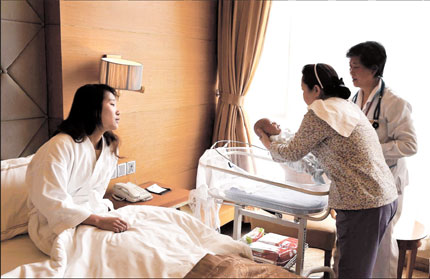 |
| A woman is shown the proper way to support her baby's head at a postnatal care center in Shanghai.(Shanghai Daily) |
Related Reading:
>> 'The most painful month of my life'
A powerful Chinese tradition requires new mothers to stay indoors for at least a month and receive special diet and treatment. A host of expensive postnatal centers has arisen to meet demand but the growing industry is unregulated. Lu Feiran reports.
Around 240,000 "dragon babies" were born in the auspicious Year of the Dragon last year, and it was an especially auspicious year for the post-natal care industry catering to mothers who traditionally must spend the first month indoors.
On liba.com, Shanghai's biggest website for family life, expectant mothers are always clamoring for information about which postnatal centers will take the best care of mothers and babies.
Mothers believe the centers will take good care of them and their babies, help them restore their strength, feed them the proper diet and help them regain their figures. It's worth a huge sum of money, at the very least 30,000 yuan (US$4,824) for a month. Many centers cost much more and one in Shanghai costs 380,000 yuan for 30 days.
As Chinese urbanites have become more affluent, they seek out special postpartum care that respects traditional values.
According to traditional Chinese medicine, after giving birth women are especially vulnerable to invasion of "pathogenic" energies and can ruin their health for the rest of their lives if they don't follow a proper regimen for at least 30 days. The regime is called zuo yuezi (sitting the month). This includes not going outdoors, not bathing or washing hair (maybe a sponge bath), eating a high protein and high fat diet and resting.
But the real story about some centers may make women think twice, or be extra careful in booking.
Although postnatal care centers first appeared around five years ago in Shanghai, none has been supervised or regulated by the government. The health authorities are not involved. Only a business license is required to open a center known as yuezi zhongxin.
A recent case this month of infectious disease among babies in one Jing'an District center put the issue of standards, hygiene and health regulation in the public eye.
The Jing'an District Center for Disease Control and Prevention (under the Public Health Bureau) is now investigating the Baby Garden Nursing Center on Xikang Road where five newborns showed symptoms of viral infection.
Health officials said that between January 6 and 12, four of the five were hospitalized for fever and diarrhea.
The case came to light after a parent complained to authorities. Although the Jing'an center for disease control participated in this instance, it and other public health authorities are not involved in monitoring and supervising postnatal centers that can range from upscale villas to rooms in an apartment block.
The centers are not considered health or medical facilities. Public health law makes no mention of them, so they are not under the purview of any government agency.
"They can do the business as long as they have a business license from us," said Zhang Yusong, an official in the Shanghai Industrial and Commercial Administrative Bureau.
The centers don't need a health license and their staff members are not required to hold professional caretaker certificates.
Originating as a popular business in Taiwan, postnatal care centers were sought after. Taiwan actress, singer and host Dee Hsu said the secret of keeping her figure after giving birth to three children was postnatal care and scientific treatment in such a center. That was around five years ago and the idea caught on in the mainland with newly affluent couples.
Special yuezi care is now so popular that businesses are cashing in by selling products like yuezi soup said to help mothers regain strength and lose weight. It has no benefits, experts say.
A nightmare month
Some new mothers who have stayed in such centers, however, said the services provided fell far short of what was advertised.

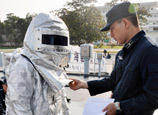

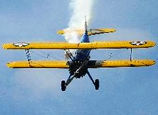
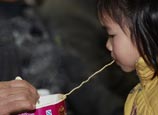
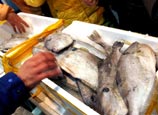
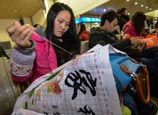
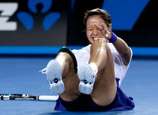
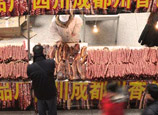
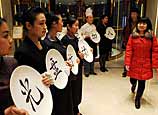







 People on way home during Spring Festival travel rush
People on way home during Spring Festival travel rush


![]()
